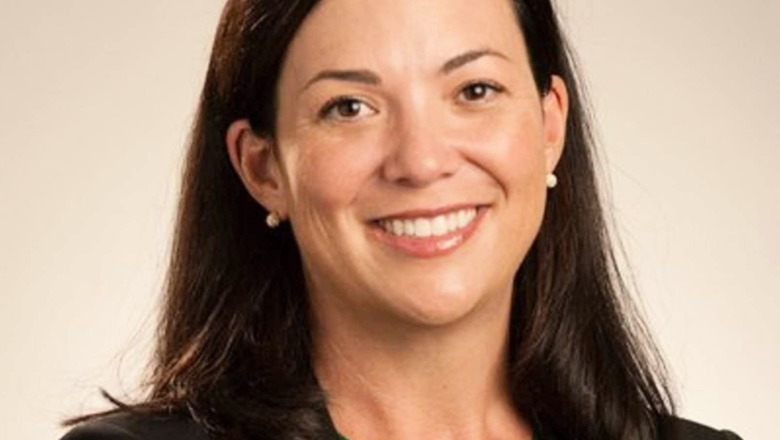
views
The CEO of PagerDuty, a San Francisco-based tech company, has come under fire after she quoted civil rights champion Martin Luther King Jr in an email informing its employees of layoffs. Its CEO Jennifer Tejada later admitted that quoting Martin Luther here was “inappropriate and insensitive”.
In an email sent last week to employees, Tejada said the company was slashing roughly 7 per cent of roles globally, the vast majority of which are in North America, primarily in our go-to-market and G&A organisations. In the same mail, she also announced promotions of some executives.
“There are a number of things I would do differently if I could. The quote I included from Dr. Martin Luther King, Jr. was inappropriate and insensitive. I should have been more upfront about the layoffs in the email, more thoughtful about my tone, and more concise. I am sorry,” Tajeda said in an update to the letter to employees on January 27.
In the email, the PagerDuty CEO had said part of the mission at PagerDuty is to help businesses “anticipate the unexpected in an unpredictable world”. Over the last year, the macro environment shifted rapidly, with growth contracting in Q1 and Q2 yet expanding in Q3. Inflation and geopolitical concerns caused the US Federal Reserve to hike interest rates, while the jobs market overall remained strong and the unemployment rate remained low. Macro signals remain mixed and uncertain as we head into a new fiscal year.
“Our $38 billion TAM of over 75 million potential users remains large, our Operations Cloud platform mission critical for our customers, and our competitive advantages deep, but we are not immune to macro volatility, nor can we predict when the economy will improve,” she said.
The PagerDuty CEO enlisted the refinements that she said the company was implementing. They include Additional refinements we are implementing today include: Eliminating roughly 7 per cent of roles globally, the vast majority of which are in North America, primarily in our go-to-market and G&A organizations; Reducing discretionary spend; Negotiating more favorable commercial agreements with key vendors; and Rationalizing our real estate footprint to reflect the realities of our distributed-by-design hybrid work model.
“While demand for our products and services remains stable and our strategy to help our customers transform their operations remains relevant and intact, it is taking longer to convert than prior years. Macro uncertainty and volatility has led our customers – businesses across segments and regions – to scrutinize and slow investments in order to preserve business outcomes and protect shareholder returns, while improving their operational resilience,” she said in the 1,700-word email.
Read all the Latest Business News here


















Comments
0 comment